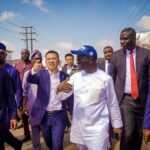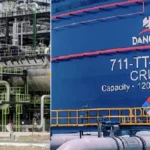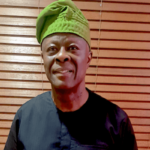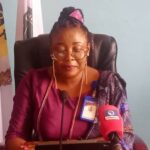Politics in the unfolding political dispensation is about the rich, the powerful and the elite. The ordinary citizenry, especially the downtrodden have little or no say in the determination of the future in most parts of the country. Politics, like the economy, is the exclusive preserve of the rich and the powerful. Also, those to be heard are only those who can muscle their way to public office and those who want to perpetuate themselves in political office even though they have not performed well enough.
This is the snag of the current politics. Politics despite the pronouncement of the current leadership and many patriotic leaders remains the exclusive preserve of the elite and money bags. The implication of this form of politics is the majority of people are alienated and marginalised in decision making and benefitting from the dividends of participatory democracy. Also, there is the preoccupation of those who are desperate to capture political power at all cost because it grants them access to public funds.
Although many among the political elite will not agree that some of them have not touched the lives of the common man, many have not taken the cue from President Muhammadu Buhari and the federal government that have positively impacted the lives of the ordinary citizenry. Despite the claims of some political leaders, many in some states have not touched the lives of people. The consequence is, many communities across the country have not benefited from any form of infrastructural development, standard hospitals and habitable places of living. Many communities are still wallowing in abject poverty. The other source of pervasive disaffection is poverty, as the result of insecurity, mismanagement and political incompetence in many parts of the country.
As previously observed, the insurgency that erupted in parts of the country in the last one decade, coupled with the spate of armed banditry and kidnapping in almost all parts of the country, has undermined agriculture and small scale trade. These cumulatively have worsened the plight of the poor and the average Nigerian. Without doubt, these will have serious implications for politics, especially the forthcoming elections.
The other challenge to the forthcoming elections is the monetizing of election. What this means is that the most competent and credible will not win. People will generally only vote for individuals and political parties that would restore peace and normalcy in most parts of the country. Many believe only those who can stop the insurgency, banditry and kidnapping in the country are worthy of succeeding President Buhari.
Another issue that will have serious implications for politics in 2023 is the promotion of divisive religious sentiments. As argued by most concerned Nigerians from both sides of the religious divide, religious acrimony is one challenge that will aggravate disharmony in the country. This is the reason most Nigerians are opposed to any political manoeuvre that will alienate any part of the country.
Fairness and good governance are two things that will stop the threat to the stability and harmony in the country. The promotion of religious sentiments to for cheap politics is a development that will undermine peace and unity in the country.
The fact is, Nigerians from all sides of the religious divide have coexisted peacefully. Security and peaceful coexistence is the major source of strength of the Nigerian State. Attempts by some individuals to foist religious dominance on the country will, therefore, precipitate disharmony of immeasurable proportion. Furthermore, religion and tribe are not at the moment the concern of the average Nigerian. For those who may wish to know, tribal and religious sentiments have given way a long time ago due to spirited efforts of some patriotic leaders.
Many Nigerians will confess that late President Umaru Musa Yar’adua endeared himself to Nigerians because he did not attach any importance to these parochial and retrogressive sentiments. He endeared himself to majority of Nigerians because of his commitment to fairness, equity and aversion to nepotism, religious bigotry and sectionalism.
It would be recalled that President Musa Yar’adua either in terms of appointments, citing of projects and projection of national unity, rose above ethnic and religious sentiments. He recognized competence regardless of where one came from. Talking of the political leadership Nigerians would want and vote for in 2023, a major consideration will be individuals who will unite the country that is presently divided along tribal and religious lines.
If one might say, no country will develop if it is divided along retrogressive and divisive lines. It is in the interest of all Nigerians and generations yet unborn for the country to remain united. The fact is, no part of this country can survive and progress if it is alienated and discriminated against. A word is, therefore, enough for those planning succession and promoting discrimination.
It is important to point out that insurgency, banditry and sundry acts of lawlessness that have engulfed the country over the last 10 years have retarded growth and eroded the basis of unity in the country. Other major security challenges unfolding in the country are the theft of oil in the Niger Delta. The sabotage of the oil sector which is the mainstay of the nation’s economy is threatening the economy. The political leadership required in 2023, especially the president and state governors must, therefore, have the political will, capacity and competence that will galvanize all resources to surmount all threats to security in the country.
By Afakirya Gadzama, MNI, OFR, is the Chairman, National Institute for Security Studies.
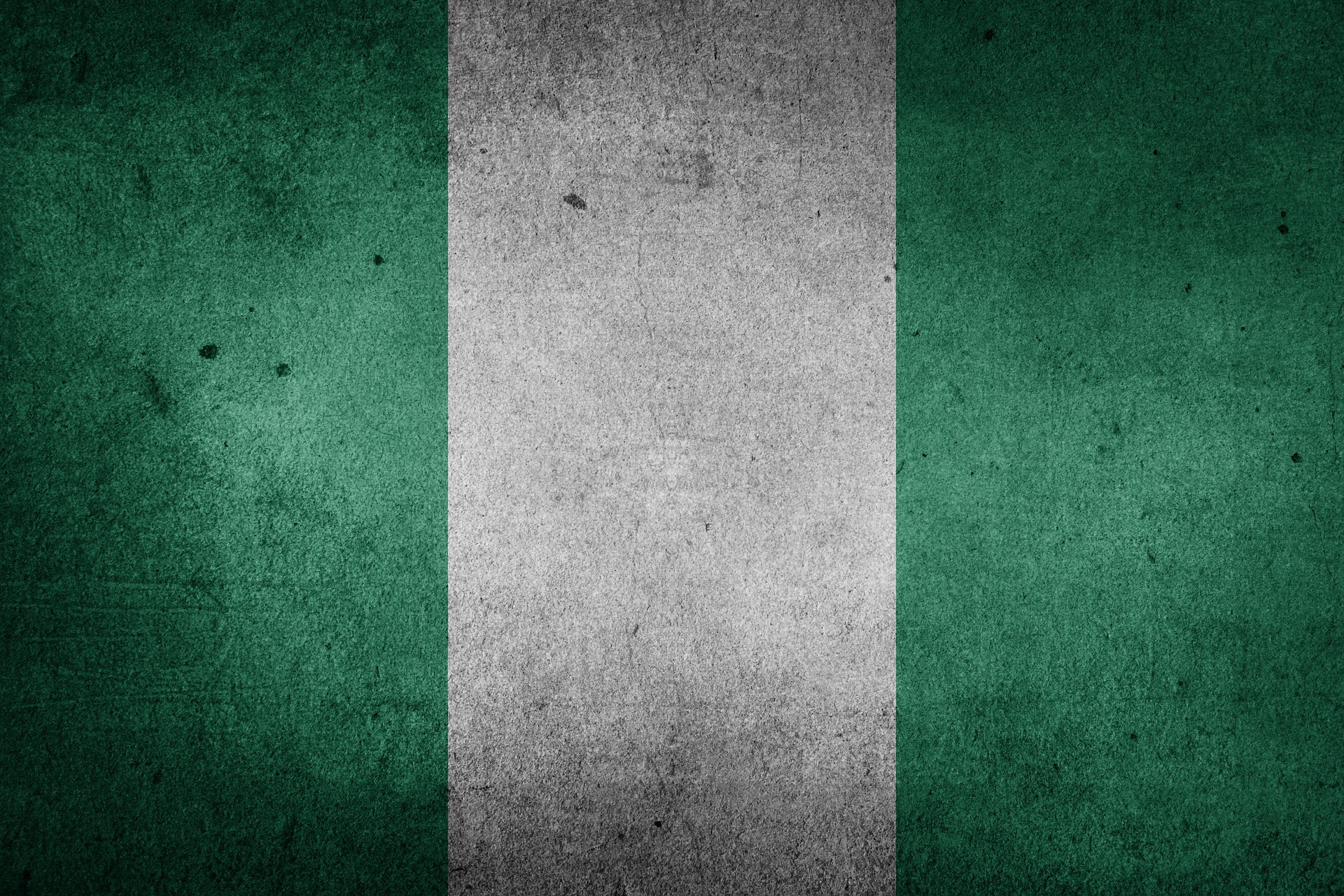
 Join Daily Trust WhatsApp Community For Quick Access To News and Happenings Around You.
Join Daily Trust WhatsApp Community For Quick Access To News and Happenings Around You.